Syllabus
This is a two-year higher level (HL) Group VI course for student in the International Baccalaureate program. Membership in a performing musical ensemble (band, chorus, orchestra) is a prerequisite.
Instructor Information
Required Materials
writing utensil: pen, pencil, quill, clay tablet and reed, etc.
looseleaf notebook paper
journal for notes (recommended)
staff paper (recommended)
Grading
Juniors will be graded on worksheets, assignments, and quizzes on a simple point-based scale.
Seniors will be graded on their progress toward Internal and External Assessments. Your final marks toward your IB diploma break down as follows:
| Examination: | 30% |
| Music Links Investigation: | 20% |
| Arrangement, Composition No. 1, Composition No. 2: | 25% |
| Solo Recordings: | 25% |
Theory of Knowledge
What constitutes the difference between music and non-musical sound?
How does the role of music change across time and place?
What is the role of reason in music?
What is the role of emotion in music?
What is beauty?
How do transcendentals like beauty, goodness, and truth manifest in music?
What constitutes art in general?
To what extent can the music of one culture be understood by members of another culture?
Do artists create culture, or does culture create artists?
Is art determined by the artist, the audience, the culture, or something else?
Music in Antiquity
Prehistory
Archaeology (China, India, Persia)
Greece: Pythagoras and the harmonic series
Rome: understanding Western Civilization
The Medieval Period
Historical overview: myths about the "Middle Ages"
Genre: Gregorian Chant
Theory: monophony, scales and modes
Genre: Ars Antiqua
Composers: Hildegard von Bingen, Guillaume du Fay, Manuel Chrysaphes
Genre: Notre Dame School
Composers: Léonin, Pérotin
Theory: generic intervals, meter
The Renaissance
Historical overview: Fall of Constantinople, Italian Renaissance, Age of Discovery, the Protestant Reformation and Thirty Years' War
Genres: polyphony (masses, motets, madrigals)
Theory: harmonic intervals, triads
Composers: Palestrina, Victoria, Des Prez, Tallis, Susato
Renaissance instruments
The Baroque Period
Historical overview: the age of absolute monarchy
Genres: opera (aria, recitative, chorus, overture, entr'act, intermezzo), chorale, oratorio, cantata
Composers: Claudio Monteverdi, Henry Purcell
Theory: minor scales (natural, harmonic, melodic)
Theory: homophony, functional harmonic progression, Roman numeral analysis
Genres: concerto
Composer: George Frederick Händel, Antonio Vivaldi
Theory: secondary dominants, sequences
Genre: fugue, dance suite
Composer: Johann Sebastian Bach
Baroque instruments
The Classical Period
Historical overview: The "Enlightenment," the American and French Revolutions
Genre: sonata, symphony
Theory: Alberti bass, triadic inversions
Composers: Franz Joseph Haydn, Wolfgang Amadeus Mozart, Ludwig van Beethoven
The Romantic Period
Historical overview: the industrial revolution, nationalism
Genres: Lied, nocturne, fantasia
Composers: Franz Schubert, Frederick Chopin, Franz Liszt
Genre: symphonic poem
Composers: Hector Berlioz, Richard Strauss, Paul Dukas
Genre: Absolute Music vs. Program Music and Gesamtkunstwerk
Composers: Johannes Brahms, Richard Wagner
Genre: Nationalism
Composers: The Mighty Five, John Philip Sousa, Giuseppe Verdi, Ralph Vaughn Williams, Gilbert and Sullivan, Peter Ilych Tchaikovsky, Gustav Mahler
Genre: Impressionism
Composers: Camille Saint-Saëns, Claude Debussy
The Twentieth Century
Historical overview: communism, socialism, fascism, the World Wars, the Cold War
Genre: expressionism, serialism
Theory: dissonance
Composers: Igor Stravinsky, Arnold Schönberg, Alban Berg, Krystof Penderecki
Genre: minimalism
Composers: John Adams, Arvo Pärt
Genre: TOK
Composers: John Cage
Genre: popular music
Composers: Aaron Copland, George Gershwin, Leonard Bernstein
Popular Music
Historical overview: multiculturalism and pluralism in the United States
Genre: Spirituals
Genre: Ragtime
Composer: Scott Joplin
Genre: the Blues
Musicians: Ma Rainey, Bessie Smith
Genre: Swing
Musicians: Louis Armstrong, Oliver King
Genre: Big Band
Musicians: Fletcher Henderson, Paul Whiteman, Duke Ellington, Louis Prima, Ella Fitzgerald, Glen Miller, Tommy Dorsey
Theory: Upper extension chords and jazz notation, tritone substitution
Genre: Bebop
Musicians: Dizzy Gillespie, Charlie Parker
Theory: improvisation basics
Genre: Cool Jazz
Musicians: Charlie Parker, Miles Davis, John Coltrane
Genre: Fusion
Musicians: Maynard Ferguson, Pat Metheney
Genre: Latin Jazz
Musicians: Airto Moreira, Arturo Sandoval
World Music
Celtic
Latin American
African
Middle Eastern
Indian
Chinese
Japanese
Polynesian
